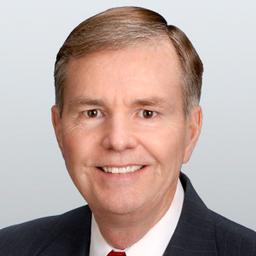Commentary
The adage “the sins of the few will punish the many” plays out once again in society. For weeks now, law-abiding citizens have surrendered personal liberties by confining themselves to home and wearing face masks when in public. Businesses have complied with authorities by closing their doors, with losses to them and their employees that may never be recouped. Being good citizens is often costly.

